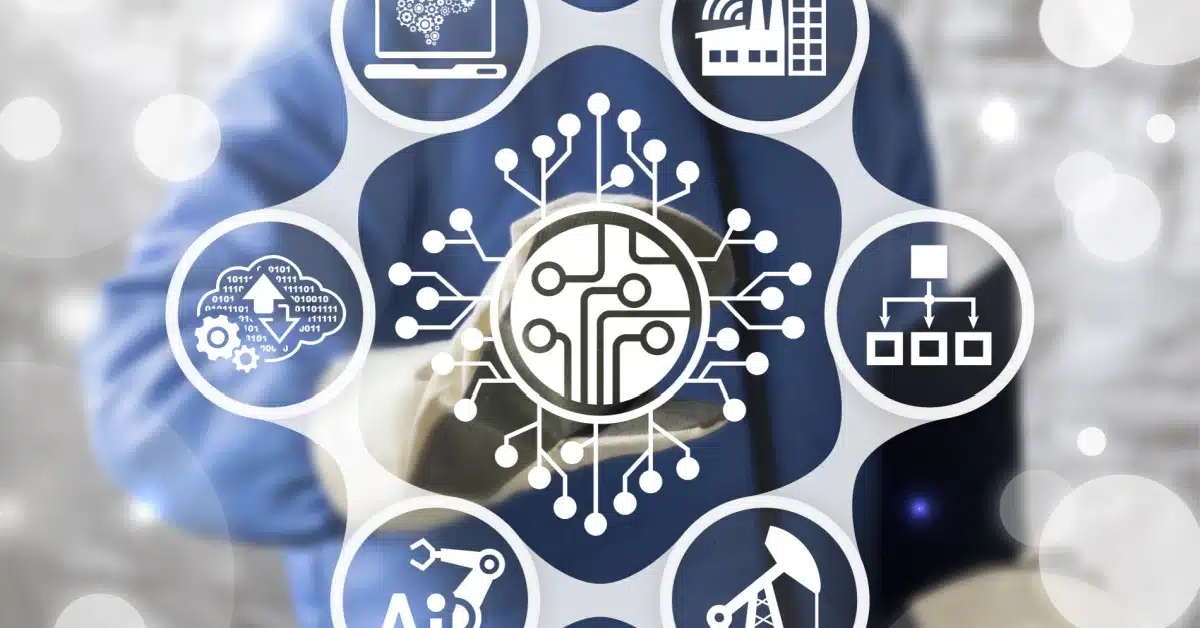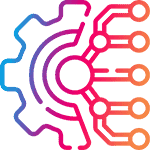
What is AI?
AI refers to developing computer systems that can perform tasks that would typically require human intelligence, such as visual perception, speech recognition, decision-making, and language translation.
Importance of AI in modern-day businesses
AI has become increasingly important in modern-day businesses due to its ability to automate processes, improve efficiency, and reduce costs. Using AI, businesses can perform tasks more accurately and faster, allowing employees to focus on more complex and valuable tasks. AI applies to various industries, including healthcare, finance, education, and transportation.
Benefits of AI
AI has many benefits for businesses, including its ability to analyse large amounts of data quickly and accurately, make predictions, and identify patterns humans may miss. AI can also improve customer service by providing personalised experiences and recommendations. Additionally, AI can assist with tasks that may be too dangerous for humans to perform, such as working in hazardous environments or performing surgery.
Applications of AI in businesses
AI has numerous business applications, including automating repetitive tasks, improving customer service, identifying fraud, predicting market trends, and optimising supply chain management. AI develops new products and services and improves existing ones.
Examples of AI in different industries
AI can be applied to various industries to improve operations and increase efficiency. For example, in the healthcare industry, AI analyses medical images, assists with diagnosis, and develops personalised treatment plans. Within finance, AI detects fraud, automates investment decisions, and improves risk management. AI within the transportation industry optimises routes, enhances safety, and develops autonomous vehicles. Overall, AI is a valuable tool for any industry looking to improve operations and stay competitive.
Related Posts

What is
Digitalisation?
21st April, 2023

What is
RPI?
21st April, 2023

What is
Discovery Automation?
21st April, 2023

Definition of
Managed Services
21st April, 2023























